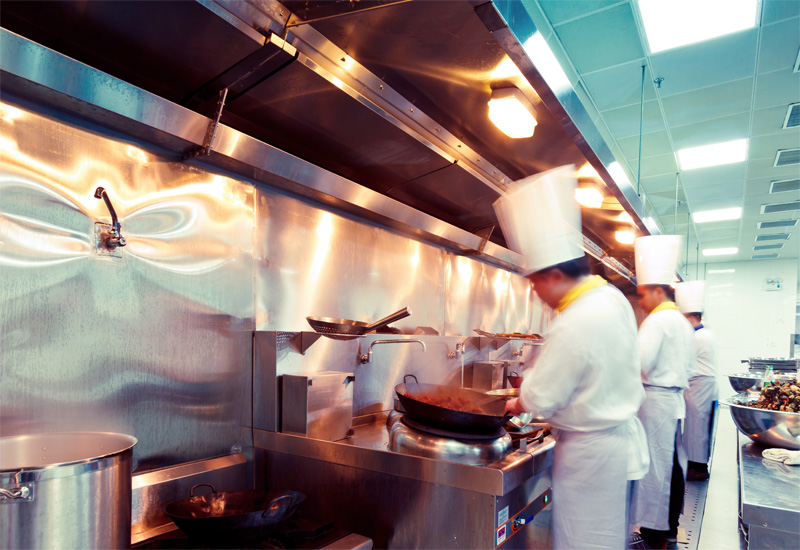 Does the Middle East have the volume and consistency in its F&B to justify the arrival of international ratings?
Does the Middle East have the volume and consistency in its F&B to justify the arrival of international ratings?
DO CULINARY CITIES EXIST in this region?
Qatar-based Hospitality Development Company head of human resources John Khan, who has previously worked as a head hunter for Michelin-starred Gordon Ramsay, says it is obvious to him that Dubai is deserving of being called a ‘culinary destination’ at this time.
He adds: “However I also believe Doha is well on the way to compete for that title. Doha is witnessing rapid development within the F&B sector and the market is starting to evolve from fast food into higher quality dining. The local consumer is becoming more educated in food and is in turn demanding a better product overall.”
The Cutting Edge Agency managing director Duncan Fraser-Smith says that while there has been a growing move towards establishing culinary destinations in the Middle East, he doesn’t think the region matches up to the likes of London, Hong Kong or Paris.

| Advertisement |
“Are we there yet, in a position where people will choose to come to a particular city just for its food on offer? Not as yet, however, we are trending in that direction. Obviously we have some amazing dining venues in cities such as Dubai, Abu Dhabi, Doha and Kuwait; however, we are still in need of locally developed destination outlets to drive consumers to the cities.”
He further points out that with the development of new locally created concepts that push the current boundaries of repetition and replication, certain cities like Dubai and Abu Dhabi will cement their place as culinary destinations of the future.
Chef and restaurateur Nick Alvis, who previously worked with Gordon Ramsay, agrees, and says about Dubai: “There are so many restaurants here in the city, possibly too many, although saying that I am not sure there are enough at the right level to call Dubai a culinary destination just yet. Dubai is still quite young and I feel it still needs more individual restaurants that are trying to do their own thing without a brand behind them.”
Maki Restaurant Group founder Mohamad ‘Oliver’ Zeitoun also discounts the view that only Dubai is a culinary destination, citing other cities in the region that are worthy of the badge.
“The Middle East definitely has more than one culinary destination to boast. I would say that Dubai takes the cake as far as number, quality, and variety are concerned. Additionally, and surprisingly enough, Kuwait has established itself as a viable culinary destination simply because of the noticeable surge of a multitude of both local and international F&B concepts.
Some of these concepts have been started in Kuwait by local culinary visionaries who successfully exported these concepts to the rest of the region. Manama, Bahrain has also witnessed the invasion of high end restaurants throughout the past few years, making it a preferred destination for many Gulf nationals. Simply because of the fact that authentic local cuisine has been very difficult to duplicate outside of Lebanon, add to that the number of high-end, quality restaurants available in the city, Beirut easily qualifies to join the pack.”
InterContinental Dubai Festival City’s Reflets par Pierre Gagnaire executive chef Olivier Biles points out that he has travelled to most of the gastronomic capitals around the world and says Dubai has nothing to be envious of.
Biles adds: “Dubai is definitely a real gastronomic place such as the likes of Hong Kong, London or Las Vegas.” Biles is familiar with Michelin-starred environments with his boss being a three-starred Michelin chef himself.
Article continues on next page ...








 Search our database of more than 2,700 industry companies
Search our database of more than 2,700 industry companies









